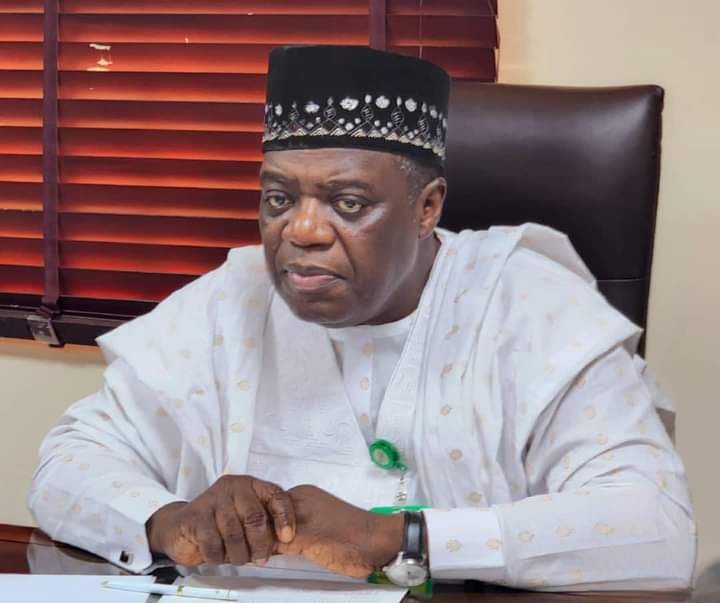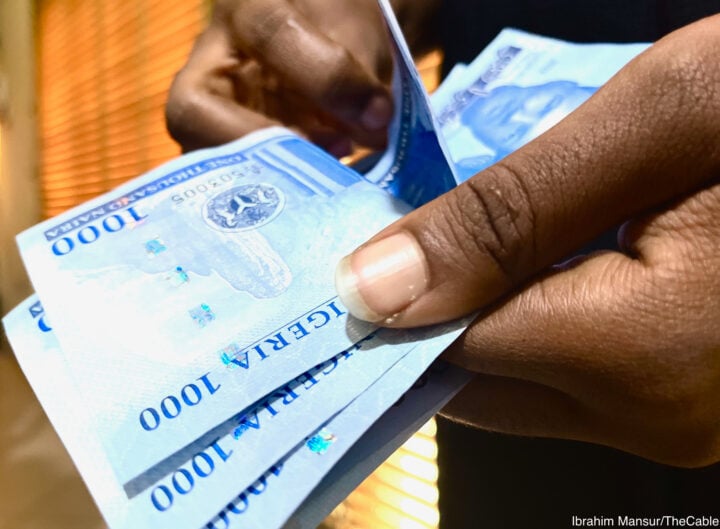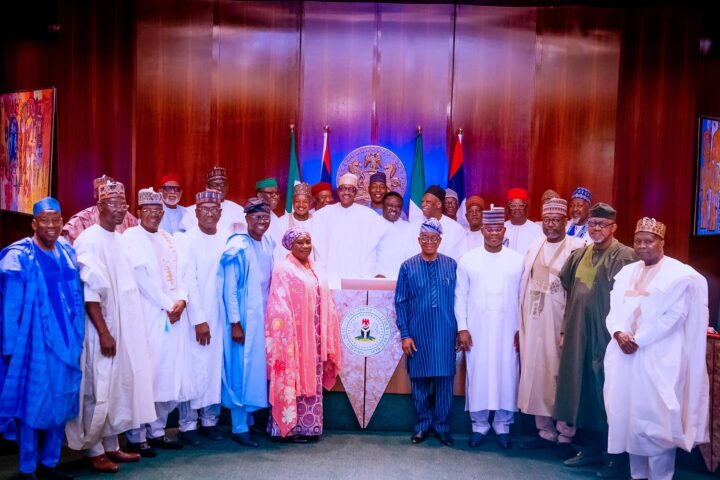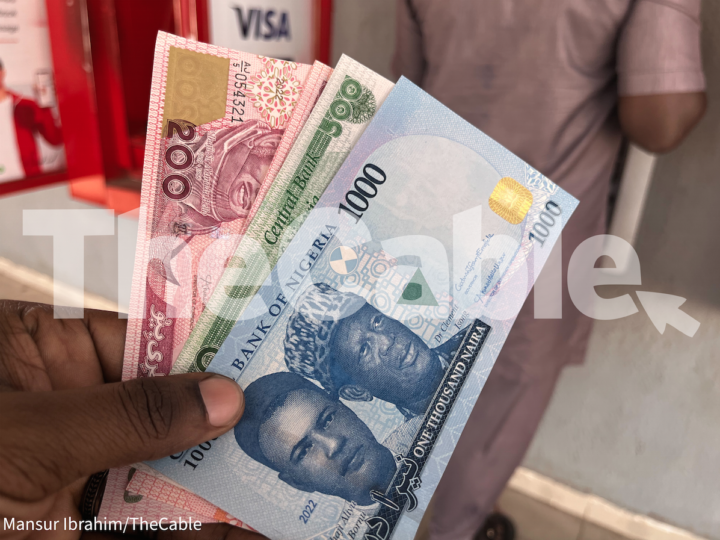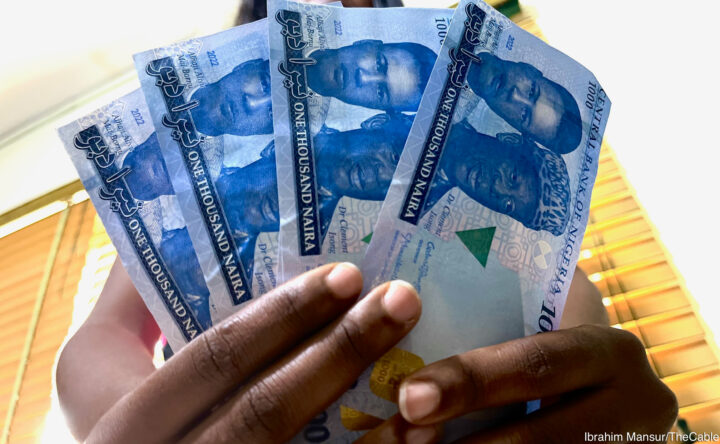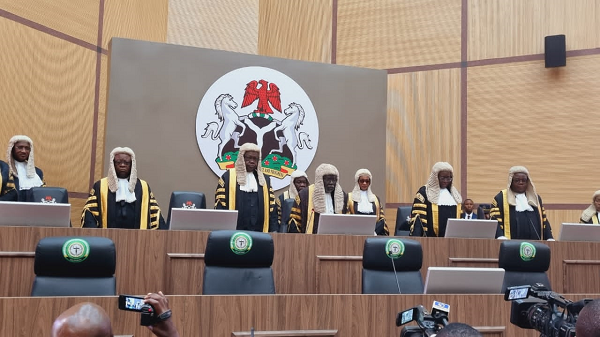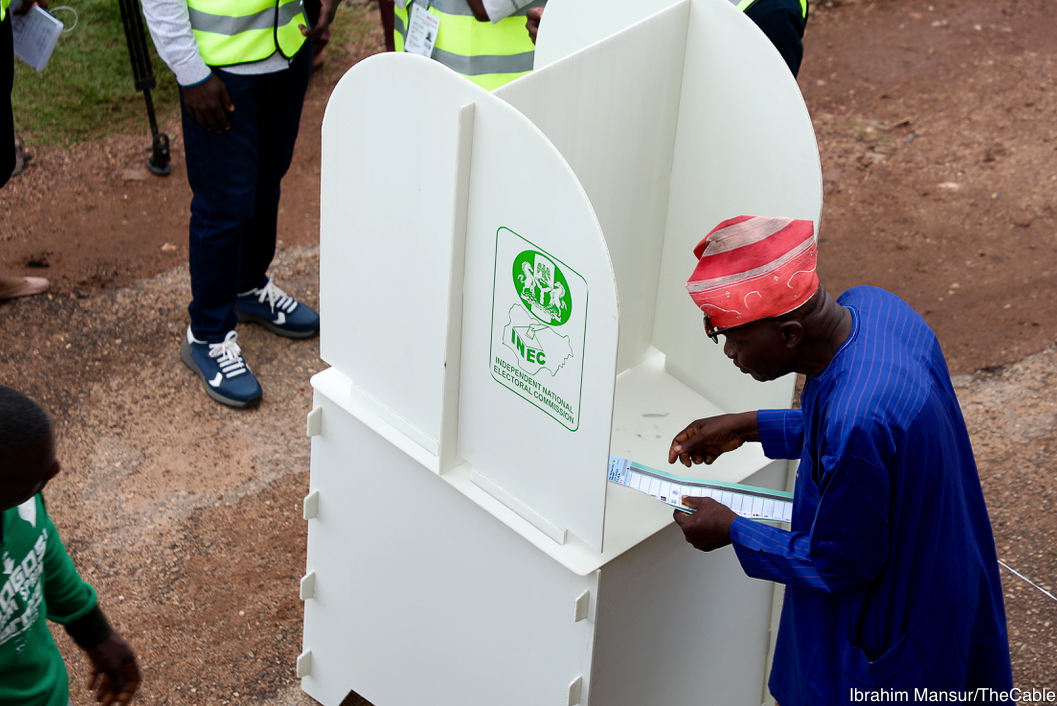There is something about irony which dresses like an apparition and walks the street to humble man’s best intentioned efforts. In the last day of a two-day programme, last Friday, when a small group of people drawn from various fields of interests, were working on a communique centred on the independence of the broadcast regulator, the National Broadcasting Commission (NBC), the same regulator was dishing out sanctions to two broadcast operators, Arise News and TVC.
Television Continental (TVC) from the stable of Continental Broadcasting Services and Arise News operated by Arise Global Media Limited were sanctioned for sustained but documented breach of the Nigeria Broadcasting Code. In the manner of you don’t hit a tsetse fly from the head of a child without showing the dead fly as evidence, or the child would mistake it for a slap, the NBC, in the letters signed by its DG, Mallam Balarabe Shehu Ilelah, listed a litany of breaches for which the two stations were fined N2m each.
Whether the NBC equally engaged the stations in a sustained discourse of the entire process or the regulator simply caved in under political pressure, is yet to be ascertained. But whether the breaches actually exist is totally out of the question. It is always about due process although the regulator should have acted earlier.
The programme with the theme: Conversation Between Industry Stakeholders on Issues in Broadcasting Legislative/Regulatory Frameworks, was organised in Abuja by the Institute for Media and Society (IMS) on February 2 and 3, 2023, as part of activities under the Support-to- Media component of the European Union Support to Democratic Governance in Nigeria (EU-SDGN II) project.
Advertisement
Participants at the meeting were drawn from different stakeholder groups, including the media industry unions and associations, national legislature, regulators, civil society organisations; media professionals, managers and owners; as well as journalism and media training institutions.
In plenary and panel discussions, the meeting addressed various topics, including: Contemporary Reforms in the Nigerian Broadcasting Sector: The State of Play; The Journey Towards Independent Regulation in the Broadcasting Sector: Issues in the Legislative/Regulation Reform Process; Government Appropriation, Digital Access Fees, Radio/TV Sets – Shaping a Suitable Resource Pot for Broadcasting in Nigeria; The Broadcasting Regulator in the Technology and Politics of the Convergence Era in Nigeria: What Jurisdiction? What Power? Addressing the Liberty of the Broadcast Industry: Trends in Legislation and Regulation in Nigeria; Pace of Licensing, Cost of Licensing, Plurality of the Landscape: What has Changed? What has remained the same? Looking at Sanctions System in the Broadcast Industry Regulation from several lenses: The Technical, the Economic, The Political; and Third-Sector Broadcasting: Contemporary Concerns on the Development of the sub-sector.
So many industry issues were washed up during discussions, some of them very bizarre and ludicrous. The regulatory fickleness and helplessness of the NBC in terms of its laws and resources was a central thread that ran through the discourse. For a very prominent agency that is central to the deepening of the democratic process, besides permanently putting the citizenry in the know in terms of information and education, and you may add entertainment, the NBC looks too traumatised to earn any success.
Advertisement
Troubled by unfolding information, it was agreed that the broadcast law needs urgent amendment not just for the industry but for the survival of the regulator.
The current broadcast law hardly has a spine and the industry with all its equipment to reach any part of the world, travelling on the wings of modern technology, has nearly lost its voice, ironically. Tell me, which other law in Nigeria, a country of 36 states and the Federal Capital Territory (FCT), will permit a minister to pick 3 out of a 10-member board, including the chairman, from his own state. The NBC law subjects the regulator to the whims and caprices of the minister and Alhaji Lai Mohammed, who is the Minister of Information and Culture, has not failed to take full advantage of such a tantalising opportunity. In fact, his hold on the broadcast regulator is overwhelmingly scandalous.
From the information available, it emerged that of all the deregulated sectors in the country, the broadcast industry is particularly enduring a very torrid existence at the moment and that concerted efforts should be made to cure it of its troubling baggage. Specific recommendations were made but permit me to transpose two to this article. They are as follows:
One. The independence of the National Broadcasting Commission should be strengthened in law and in practice, including by ensuring that the tenures of the Director-General and Board members are clearly stated and that they have security of tenure; that the funding of the Commission is adequate for its functions and secure; and that the Commission is insulated from political, economic and other interference or pressures.
Advertisement
Two. Full powers should be granted to the NBC to carry out the full range of its regulatory functions, including the issuance of broadcast licenses. Accordingly, Section 39(2) of the Constitution and the proviso to it should be amended to vest in the Commission the final authority to issue broadcast licences while other encumbrances in the National Broadcasting Commission Act should be removed so that the process of licensing broadcast stations should begin and end with the NBC.
An appeal also went to the National Assembly to take urgent steps that will ensure that community broadcasting is properly recognised and defined in legislation, and adequately provided for in the licensing process, to better address the plurality of the broadcast sector.
To situate the story properly, Community Radio Licensing was one of the final acts of President Goodluck Jonathan in 2015 before conceding victory to former military leader, Muhammadu Buhari. It was sweet victory for those who had engaged on a protracted struggle for the birth of that tier of broadcasting.
A particular testimony by one of the proponents who is now an operator, even makes the case for Community Broadcasting more compelling. Engr Morgan Okwoche who runs the Agba Community Radio, Oju, Benue State, told the meeting that during the collection of PVCs in his locality, the station which broadcasts in 9 local languages, translated all INEC messages into local dialects, and embarked on an aggressive campaign which yielded generous results.
Advertisement
“It was serious voter education,” he said. “In a particular council ward, the information dissemination was so successful that all PVCs were collected except one, whose owner had died.”
Because democracy dies in silence if we continue to silence the media, it was strongly suggested that the government should encourage Community Broadcasting in order to boost democratic beliefs in the grassroots. And even more overriding is the appeal that the government and the industry should give more support to the regulator in order to facilitate the good health of the entire broadcast sector.
Advertisement
Corrigendum
After reading my article last week, titled: Telecoms, a humble review of a minister’s Scorecard, a former colleague reached out to me immediately to bring two things to my attention. One, that the title of Executive Secretary as head of USPF has since been dropped for Secretary, which is the position of the Nigerian Communications Act 2003. Two, that the office of the USPF was never moved from the NCC office at Maitama to Jabi (Mbora) as stated in my article. The error is regretted. It was never intended to diminish the status of the minister. I pray he is able to take this slap on the chin with graceful equanimity. My sincere apologies.
Advertisement
Views expressed by contributors are strictly personal and not of TheCable.
Add a comment

